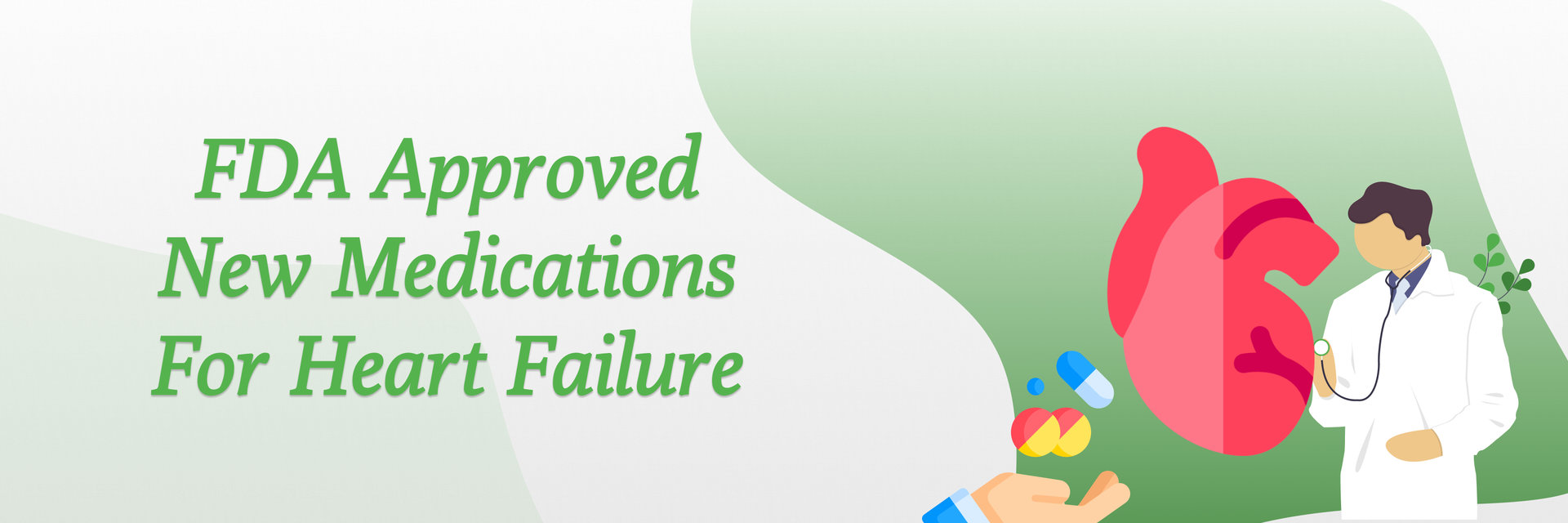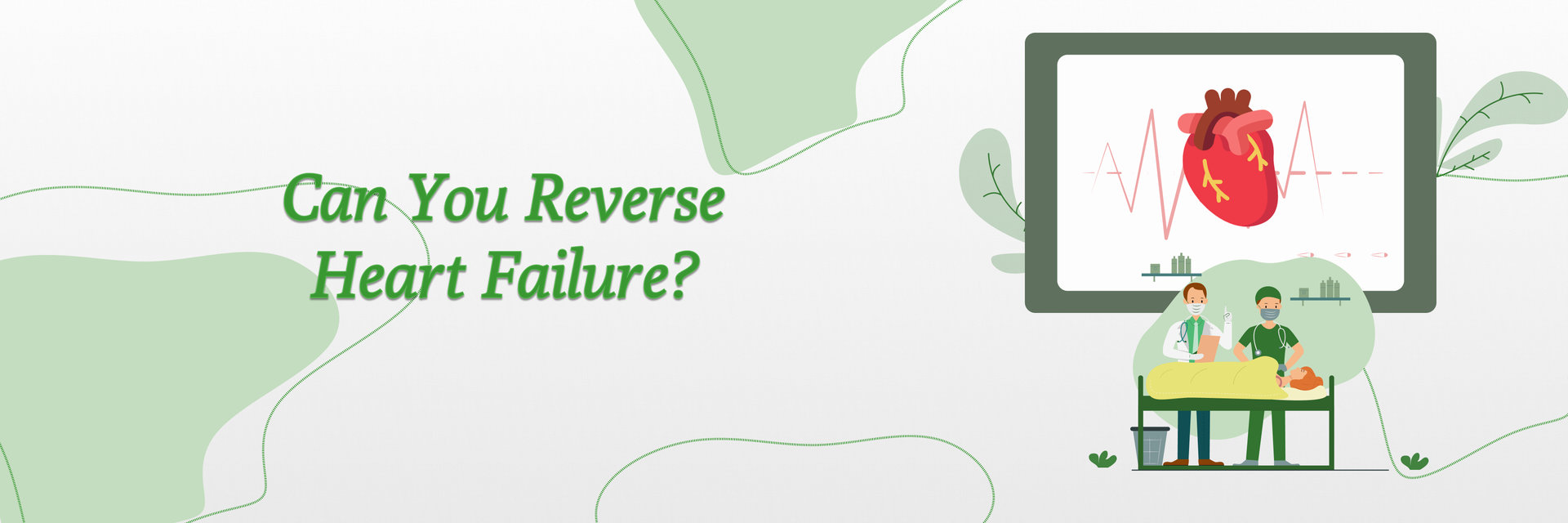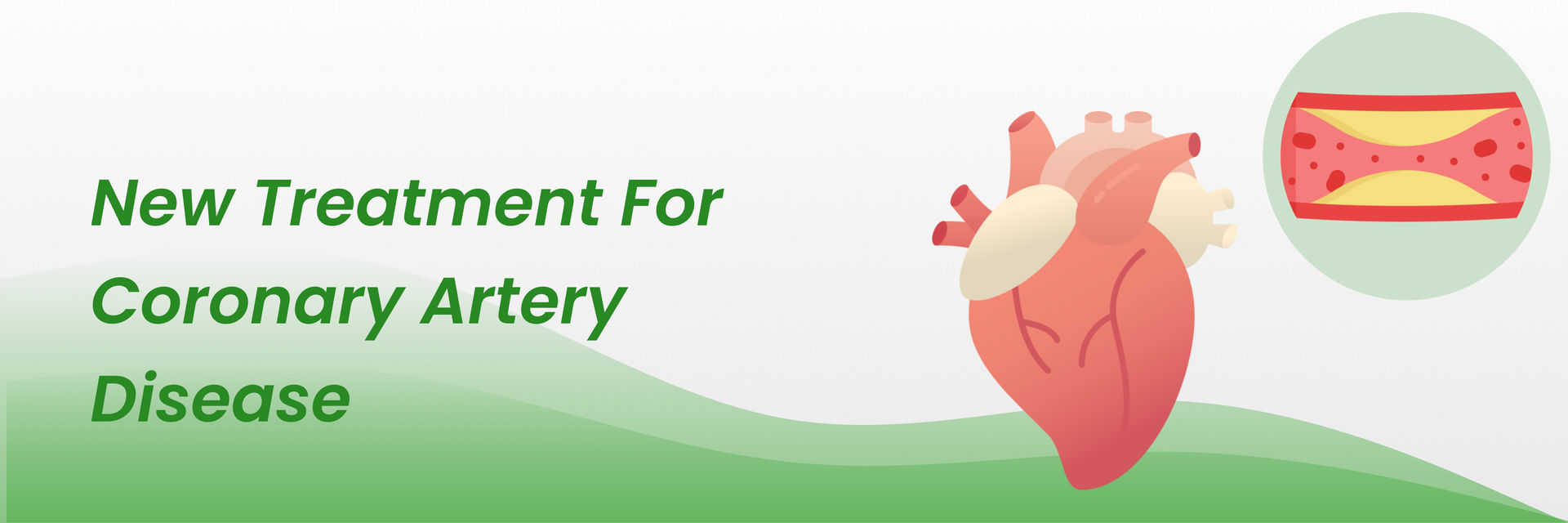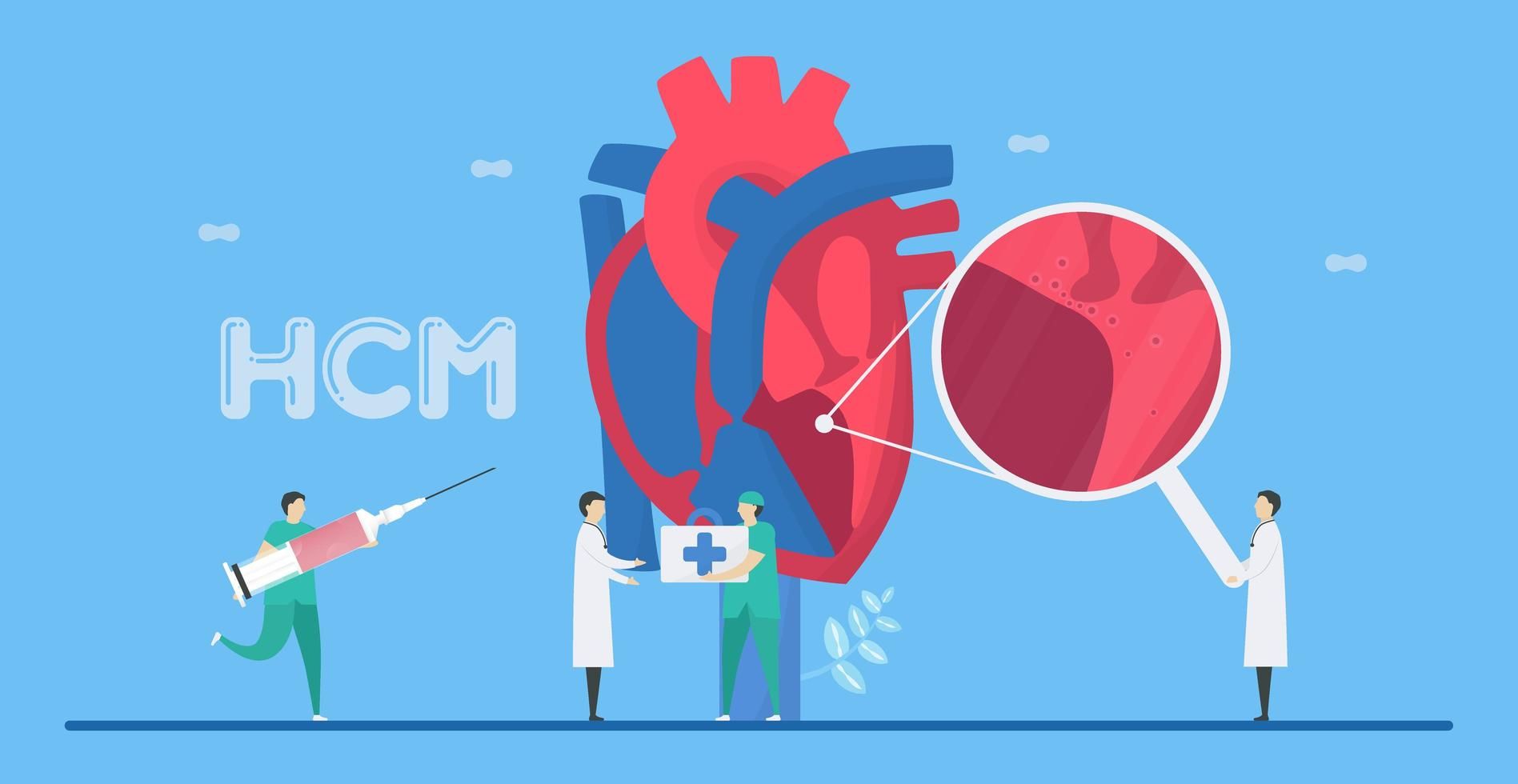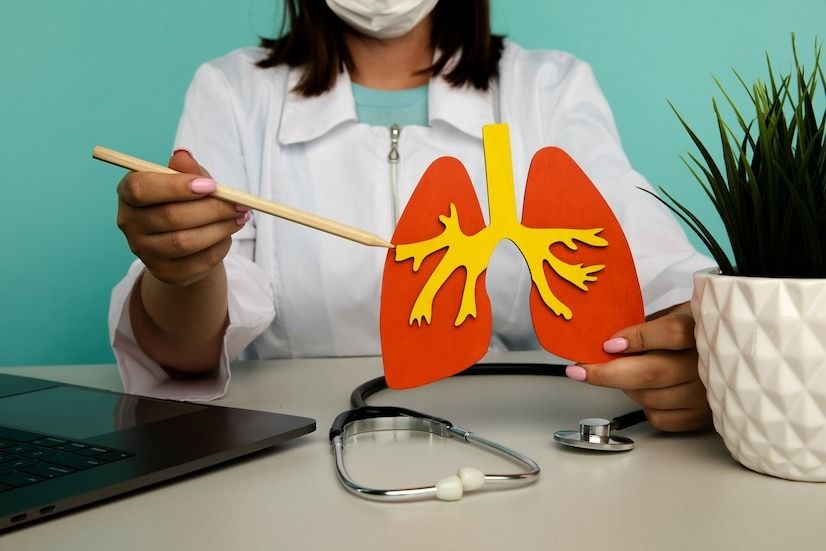Let’s understand what happens to your heart rate after surgery!!
Is a low heart rate normal after heart surgery?
Past research indicates that heart rate decreases after CABG. Low heart rate after heart surgery is more seen in people who have had heart surgery due to myocardial infarction.
A low heart rate after heart surgery is not uncommon. It may happen due to factors like medication use, the surgical procedure, and the healing process. It returns to normal as healing progresses.
Let's dive deeper into the mystery of 'bradycardia!
What is bradycardia, and how does it relate to heart surgery?

Bradycardia is a term used to indicate low heart rate. In such a condition an adult may have a heart rate of 60 per minute. It is considered normal in some cases, like in athletes. However, when it occurs after heart surgery, it's typically a complication.
During heart surgeries like pacemaker placement, bradycardia can develop temporarily and is expected. It's monitored and managed during surgery and recovery.
Bradycardia or low heart rate after heart surgery is due to damage in the heart's electrical system. It may also happen as a result of medication side effects that are used during heart surgery procedures.
Prioritize your well-being – schedule your appointment now to discuss any concerns related to bradycardia or heart health.
Unveiling the culprits behind your post-surgery heart rate.
What are the causes of a low heart rate after heart surgery?

Low heart rate after heart surgery or Bradycardia may be caused due to a number of reasons mentioned below:
- Beta-blockers, calcium channel blockers, or antiarrhythmic drugs are given during and after heart surgeries. This helps in controlling the heart rate. Hence, they can sometimes lead to bradycardia.
- Conduction system damage: Heart surgeries and procedures involving the heart's electrical system can get damaged during surgeries. This can cause low heart rate after heart surgeries.
- Inflammation: Surgical trauma can cause inflammation around the heart. It affects the heart’s electrical pathways. This is one of the potential causes of bradycardia.
- Hypothermia: Heart surgery needs the body to be cooled for metabolic purposes. This reduces the heart rate. The heart rate generally gets back to normal once the surgery is done.
- Vagal stimulation: Manipulation of the heart during surgery can stimulate the vagus nerve. This causes a drop in heart rate.
- Postoperative bleeding: Heart surgeries can sometimes cause excessive bleeding. This leads to low blood pressure and low heart rate after heart surgery.
- Infections: In very rare cases, there can be postoperative infections like endocarditis. It affects the heart’s electrical system and can cause bradycardia.
The waiting game: How long until your heart rate normalizes?
How long does bradycardia typically last after heart surgery?

The duration of bradycardia after heart surgery varies. It typically recovers in six months after the surgery. However, in some cases, it can stay for longer durations. In such cases, it requires ongoing monitoring and treatment. Such as placing a pacemaker, if the heart's conduction system is damaged or there are complications during the surgery.
Seize control of your health journey. Reach out to us today to discuss your concerns and explore personalized solutions.
Stay vigilant! Your body's signals about post-surgery heart rate
Are there any symptoms or signs of bradycardia to watch for after heart surgery?

The signs and symptoms that you should look out for are:
The silent dangers lurking behind post-surgery bradycardia
What are the potential complications of a low heart rate after heart surgery?
There are various complications that may arise as a low heart rate after heart surgery:
A low heart rate can cause you to faint or pass out. This happens frequently as your body does not get enough blood and oxygen.
Low heart rate affects the heart’s functioning. The heart is not able to pump blood properly. The heart is not able to pump the adequate amount of blood required by the body. This ultimately leads to heart failure.
Bradycardia can also cause cardiac arrest or sudden death.
Understand the treatment options below!
How is bradycardia treated after heart surgery?

The treatment of bradycardia depends on how severe it is and what has caused it. There are different types of treatment for low heart rate after heart surgery. They are as follows.
Treatment involves making changes in your lifestyle or changing your medications to control the heart rate.
Find out if there is any underlying cause responsible for bradycardia like sleep apnea or thyroid. Treating the underlying cause may help in cure.
Some medications, even ones for heart issues, can slow down your heart rate. If that is the case, your doctor may suggest lowering the dose or changing your medicine.
In severe cases where no other treatments work, a pacemaker is installed. It helps in controlling the rhythm of your heart. It activates when you have a very low heart rate.
Initiate your journey to recovery. Contact us today to explore personalized treatment options for bradycardia after heart surgery.
Unlock the secret to heart health through simple lifestyle tweaks.
Can lifestyle changes help improve heart rate after heart surgery?

Making healthy changes in your lifestyle always helps in preventing and managing various issues. Below are some of the basic changes you can bring in your lifestyle to improve your heart rate:
- Healthy eating: Avoid eating too much junk and fast food. Stick to diets that are healthy for your heart.
- Exercise: Do activities like brisk walking, swimming, or dancing. Ask your doctor what kind of exercises are helpful for you based on your condition.
- Quit smoking: if you smoke a lot. Avoiding smoking and drinking helps maintain the good health of your heart.
- Weight Control: Maintaining a healthy weight is crucial. Obesity increases the risk of your heart.
- Nutrition: Eat a balanced diet with whole grains, fruits, veggies, lean meats, and fish. Keep it low in bad fats, salt, and sugar. Include healthy fats and enough protein from beans, nuts, and seeds.
- Fruits, Veggies, and Nuts: Eat plenty of fruits and vegetables for vitamins and antioxidants. Nuts are good for your heart and can lower cholesterol. A small handful each day is enough.
Know when to reach out to your Doctor!
When should I contact my doctor if I have a low heart rate after heart surgery?
You should contact your doctor if you have a low heart rate after heart surgery:
- If you experience fainting or near-fainting episodes.
- If you have chest pain or discomfort.
- If you feel dizzy, lightheaded, or short of breath.
- If your fatigue or weakness persists and is severe.
- If you notice any unusual changes in your heart rate or rhythm.
- If you have concerns about your recovery and overall well-being.
Prioritize your well-being – schedule your appointment today for personalized guidance and support.
Looking ahead: What's in store for your heart's future?
What is the long-term outlook for individuals with bradycardia after heart surgery?
The long-term outlook for individuals with bradycardia after heart surgery is generally positive. Many cases are temporary and resolve as the body heals. When persistent, they can often be effectively managed with pacemakers or other treatments. This allows individuals to lead normal, healthy lives. Regular follow-up with healthcare providers is essential for ongoing monitoring and adjustments as needed.
Reference
https://pubmed.ncbi.nlm.nih.gov/22560918/


